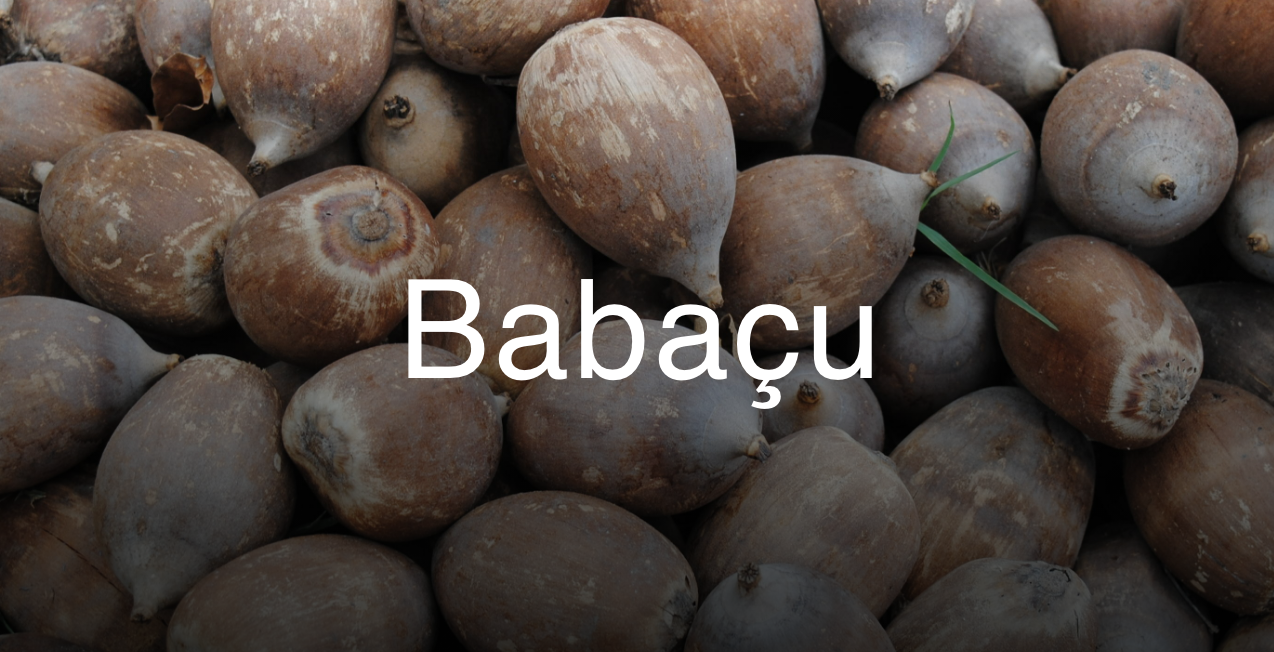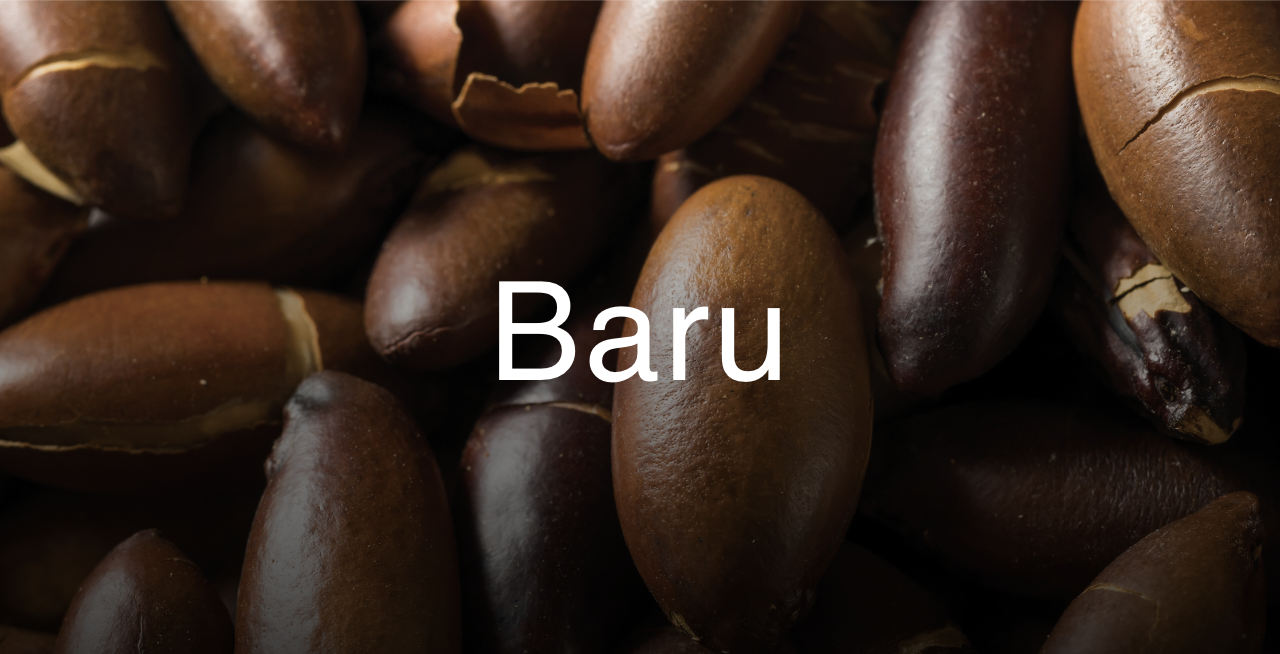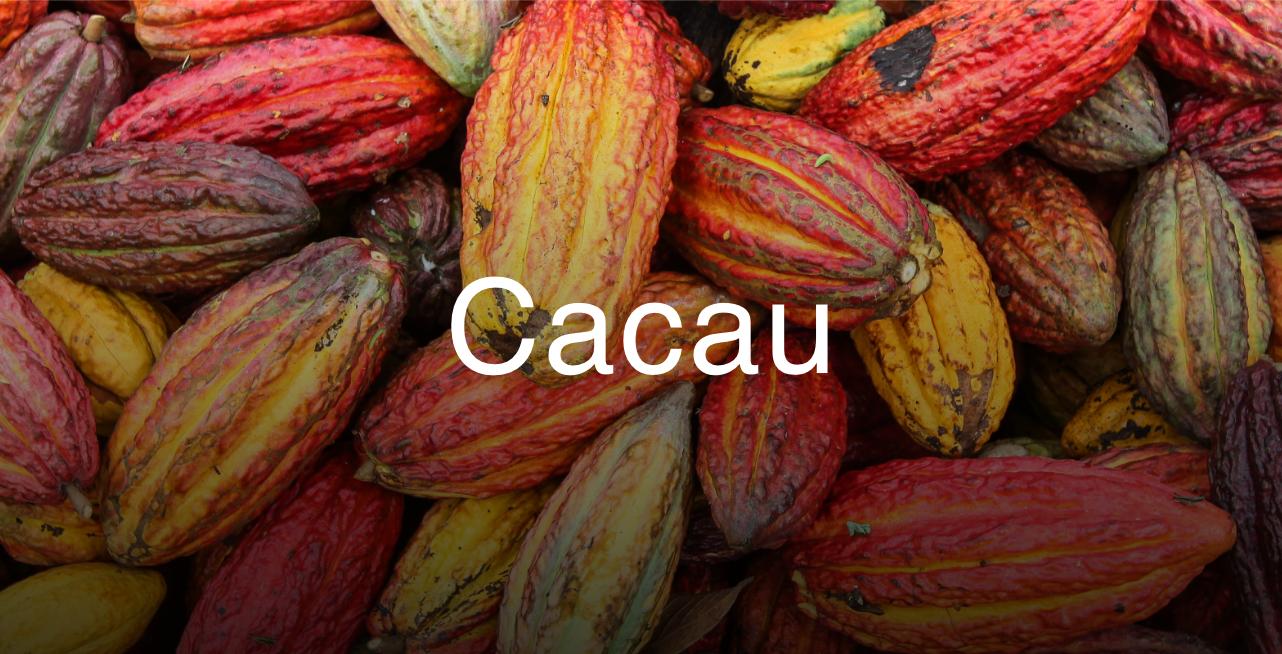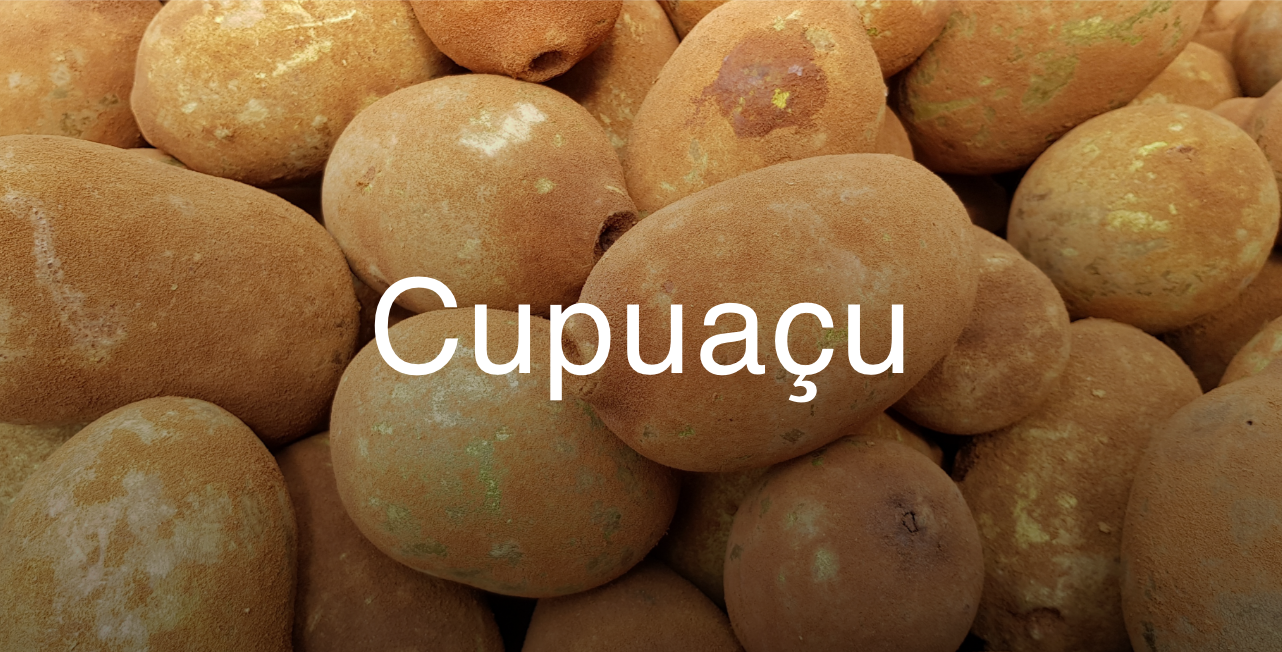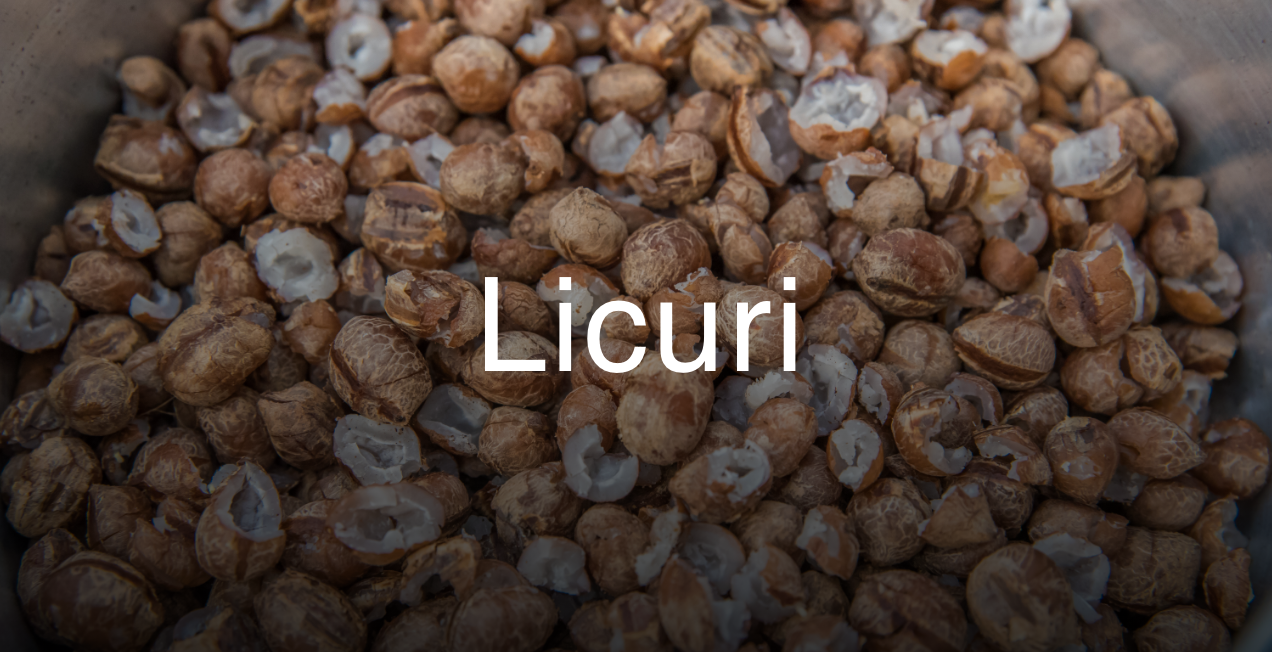Oenocarpus bataua has many names, which vary according to where it occurs and regional languages. The generic name Oenocarpus comes from Greek, where “Oeno” represents wine and “carpus” fruit (i.e. “fruit of wine”). The words “patauá” or “patuá”, on the other hand, have Tupi-Guarani origins, wrapper that holds something sacred. The Oneocarpus bataua species is native to South America. The Patauaz tree takes 8 to 15 years to bear fruit and, when this happens, it can produce up to three bunches per year.
Properties and benefits
Through cold pressing, we obtain a highly unsaturated oil, rich in vitamins, with a mild odor and flavor similar to olive oil. The dried patauá mesocarp contains approximately 10% protein and has an excellent composition of amino acids.
Concepta Ingredients Patauá Oil
- ● Omega 9 and phytosterols
- ● Natural presence of vitamins
Social responsibility, care and environmental preservation
In addition to Patauá being raw material for the production of oil and juice, the fruit is also part of the routine diet of local families. Therefore, Patauá is extremely important for the locals, generating income and being part of their meals.
In this way, the Bio Abundance Program is exceptionally important for the forest to remain standing and for the fight against predatory exploitation that takes place in the region to be increasingly effective.

